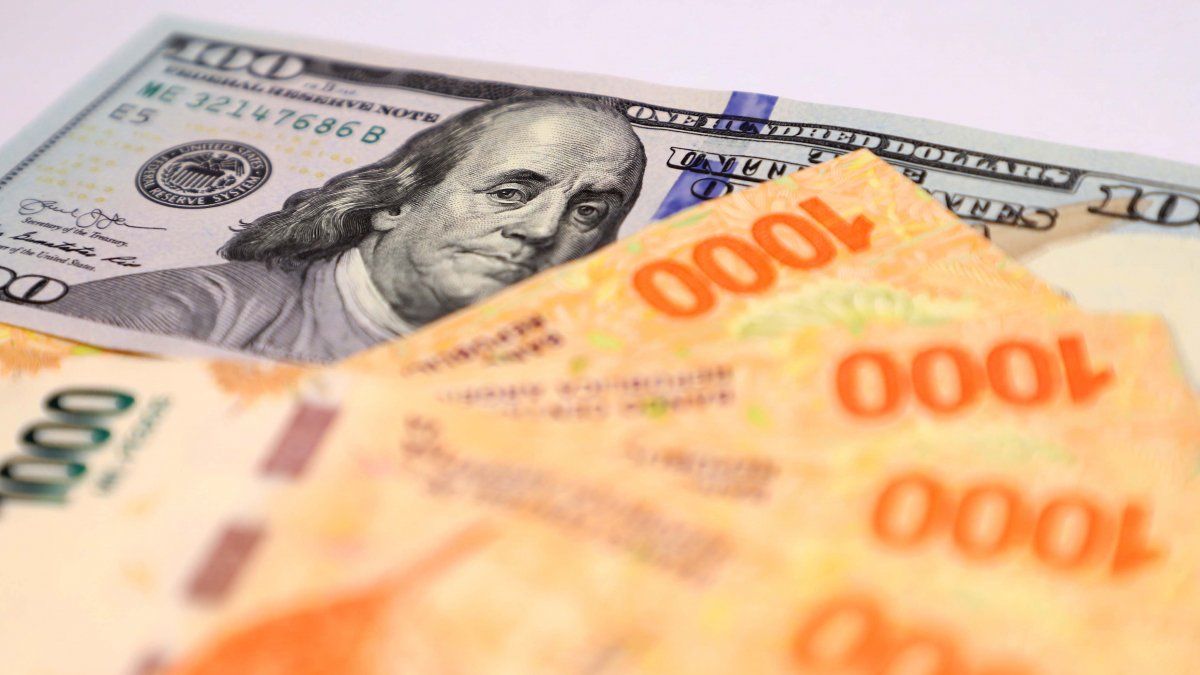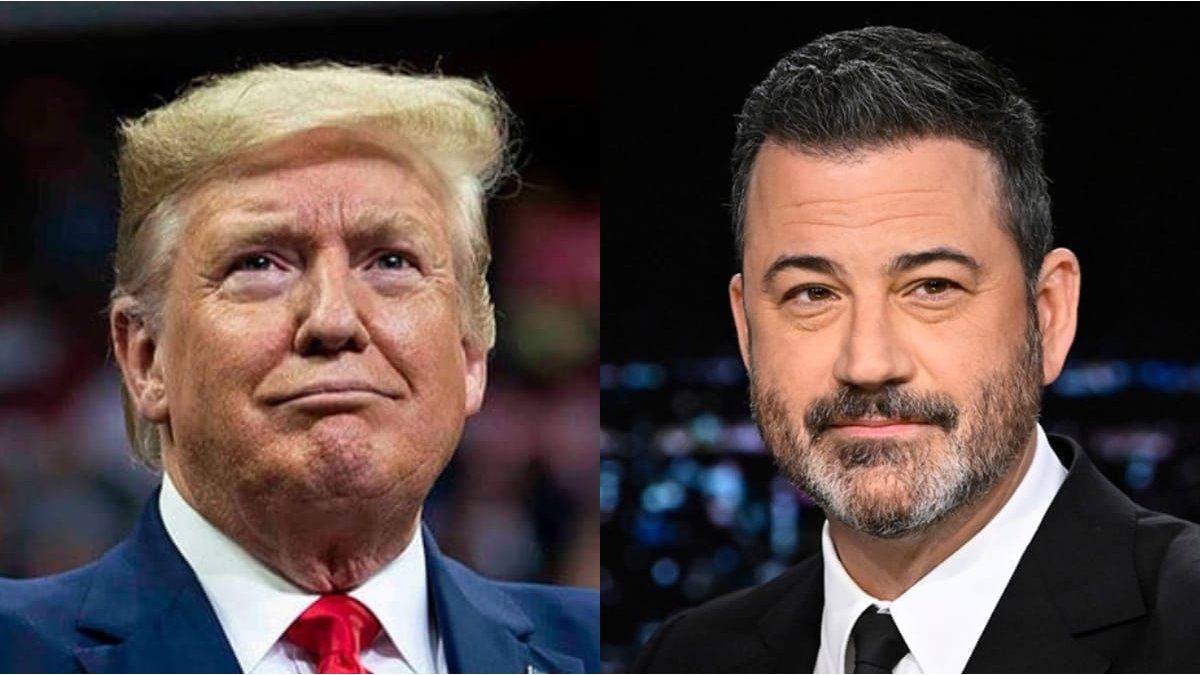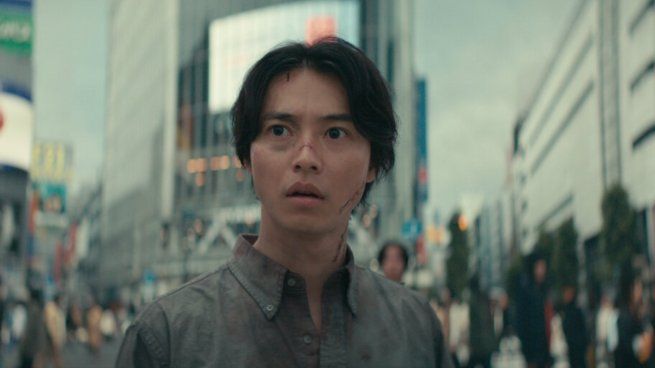some continuity of technopols It was seen in the Macri government. Unquestionably, they were on the surface Sturzenegger, Prat Gay, Frigerio, Dujovne, Melconian, Lousteau. They were complemented by the “old novelty” of the CEOs: Macri, Quintana, Lopetegui, Aranguren, Cabrera, Ibarra, Etchevehere; for that fate of recognition of their skills and their ability to integrate teams. Loophole and reincarnation of Salimei, Krieger Vasena, Martínez de Hoz, the Alemann brothers. This particular mixture of technicians and corporate executives turned politicians was linked to the implementation of a confused spirit of ordo-neoliberal reform “Colombian style” -obviously not “German style”-. The German implementers were Konrad Adenauer (Chancellor) and Ludwig Erhard (Finance Minister) with German legal regulations, and not with the ten rules of the Washington Consensus for emerging countries.
In studies of Latin American political regimes there is a problematization of the role of technocratic elites in governments. One of the pioneering reflections was that of the Argentine political scientist William O’Donnell in his research on he bureaucratic-authoritarian state.
From his first elaborations, the author used this category to refer to socially exclusive regimes, product of coups d’état with control and repression of the political participation of the popular sectorsin which the main actors of the emerging coalition are the high level technocrats. These technocrats, says O’Donnell, enter into close association with foreign capital.
The cases that inspired the author in his conceptualization of the authoritarian bureaucratic state were the dictatorship that began in Brazil from 1964, the Argentina of the Onganía and Lanusse dictatorships between 1966 and 1972, the Pinochet dictatorship, which began in 1973 until 1990 (although it covered his early years), and the similar process in Uruguay. Naturally, the Argentine civic-military dictatorship between 1976 and 1983 also entered into this characterization of bureaucratic authoritarianism.
These technocratic roles would be a consequence of the relationship between State and Society that emanates from the regime. Thus, the relationship between technocratic roles and authoritarian drift seems inevitable. The rise of national entrepreneurs ends up taking place, but only when the guarantee of economic and political stability in the short term has ensured large injections of foreign capital. The latter could explain (how) foreign investment did not arrive, and (why) there was still a constant flight of local capital.
An alternative conceptualization to that of O’Donnell is that of Jorge Domínguez (1997). Carried out years later, regional democratization through and already in the middle of a decade of neoliberal economic reforms. Although not as influential as O’Donnell’s landmark work on the authoritarian bureaucratic state, Domínguez’s is representative of a group of Latin American political science researchers who took on the challenge of thinking about the role of technocrats and economic elites in the context of a competitive democratic regime. TOHarvard academic, defines a class of economists, whom he calls “technopols”which have played an important role in political life and in the political and economic liberalization of several countries.
The “technopols” assume a specialist role, technicians or scientists capable of generating and persuading about policies, based on their ideas. They remain political-economists agents of change, if they are capable of understanding national politics and if they are allowed to be openly “pols”. It is not the case where the meddling of the CEOs and the vacillations of the president, pressured by “the red circle” and the “Davos Forum”, made them show off Senior public employees.
Without the discredit that led to the degradation of macroeconomists post De la Rúa being an obstacle, these technocrats once again presented themselves as “impartial and non-ideologized” – and they do not support being cited as neoliberals. They pretended to have no ideology.
Apparently they postulated rational policies, as we said, they were self-styled “professional macroeconomists”, who worked as a team with CEOs who “in the same way that they appeared to be neutral”. Let’s change imagined being able to operate through different approaches and contribute their symbols to national life, without philosophical rigor. The truth is that, in just two years, the shortage of executive skills was precisely the problem. Cambiemos Avenida ideologically has a “single hand”, although with several speed lanes, where the vehicles crossed each other and composing an inconceivable salad.
These “timeless beings” (the technopols) with highly technical training, says Domínguez, have always been there, and have participated in a diversity of cultures and political systems, combining and managing to overcome the tension between their expert knowledgepolitical skills, administration, and even their passions, in a proportion necessary for the context in which it is required. Many times it is said that a person is “timeless” when his legacy remains valid even with the passage of time. The adjective “timeless” is usually applied to certain actors, who, despite changes in style and interests, enjoy an incomprehensible continuous recognition. See the same faces and hear the same questions from people. -How can this guy be there again, after everything he did?
The truth is that the technopols, these public figures knew how to make the economy and business something political. Referred to the technopols Dominguez has in mind, among others, domingo horse, the patriarch of most of the economists present; the technopols they have made economic policies acceptable to the public, followed by the collapse of convertibility, the fall of a democratically elected government, and the default of the public debt.
The economic-financial dominance that had been experienced, since Peronism and with Menem, had occurred in a context of solid bases of political governance. With De la Rúa and the Alliance it did not work and Macri was supported by the media, the red circle, the IMF, and the international establishment.
At the end of January 2018, the million dollar question was: – Would it be possible to achieve the success of technocratization and CEOs if the Cambiemos political coalition cracks? -. Because precisely the business technopols in the economy ministry during the dictatorships, and the technocratization of De la Rúa’s economists, invariably contributed-to some extent-to the governance crises in Argentine history; the last of democracy raising the stake from the beginning by cracking the Alliance that ended with the resignation of former President De la Rúa.
Mariana Heredia-outstanding sociologist-identifies in the second half of the 1970s how processes and phenomena are juxtaposed that make it possible to establish economic specialists as public authorities: inflation, on the one hand, as a phenomenon that exceeded reality, as a kind of scourge; and on the other, bad economic practices and bad political decisions by the authorities.
We had traveled more than 50 years since Krieger Vasena, more than 40 since Martínez de Hoz and, once again, we tried the catastrophe recipe with substitute actors. Inflation did not subside, malpractice was denounced even by economists of the same ideology as the official team, all without counting the alarming drop in the popularity of President Macri, due to his successive bad political decisions.
Graduate Professor UBA and Masters in private universities. Master in International Economic Policy, Doctor in Political Science, author of 6 books. @PabloTigani
Source: Ambito
David William is a talented author who has made a name for himself in the world of writing. He is a professional author who writes on a wide range of topics, from general interest to opinion news. David is currently working as a writer at 24 hours worlds where he brings his unique perspective and in-depth research to his articles, making them both informative and engaging.




